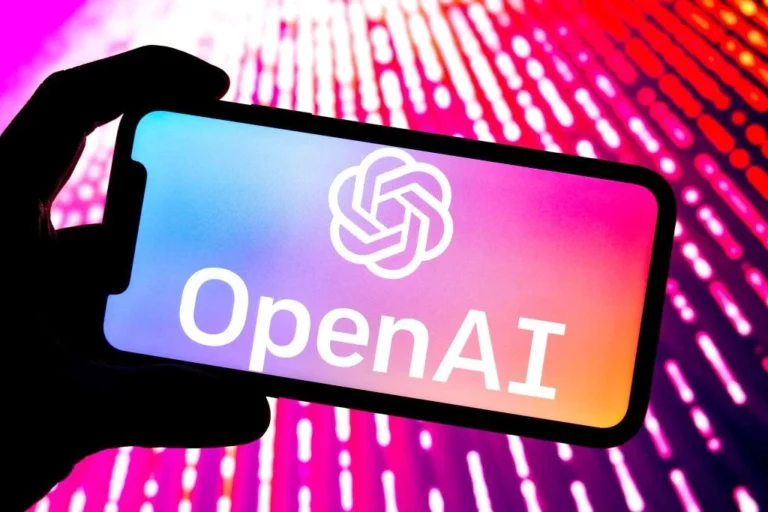After much anticipation, Apple has launched its suite of artificial intelligence (AI) tools, known as Apple Intelligence, for select iPhone users worldwide. Unveiled in June, the AI tools officially became available on Monday for users who meet certain device criteria and who update to the latest iOS version, 18.1.
However, not all iPhone users will have immediate access. The Apple Intelligence suite is currently limited to newer devices—only the iPhone 16 series and iPhone 15 Pro and Pro Max models are compatible. Users with eligible devices can access the tools by updating to iOS 18.1, but they must also join a waitlist to unlock the full features. According to Apple, once users join the waitlist, they should be able to start using the new tools “within a few hours,” although wait times can vary.

What’s Included in Apple Intelligence?
The new AI suite introduces several advanced features designed to enhance the user experience. These include:
- Notification Summaries: An AI-powered organization of notifications, allowing users to stay on top of important alerts without feeling overwhelmed.
- Message Assistance: Tools that help users draft, refine, and respond to messages using AI, making communication quicker and more personalized.
- Enhanced Siri Interface: A redesigned interface for Siri, aiming to make interactions more seamless and natural.
These tools not only bring iPhone users more personalization options but also improve device usability and streamline everyday interactions. Apple Intelligence will also be available on certain Mac computers and iPads equipped with Apple’s latest chips, integrating the suite across its most advanced devices.
While these additions are new to the Apple ecosystem, several other popular devices already include similar AI features. Google and Samsung, for instance, have been offering a range of AI capabilities across their devices, which include real-time translation of conversations, advanced organization tools, and image search functionality. Samsung’s Galaxy AI, initially launched on the latest Galaxy devices, was later expanded to include Galaxy S22 models, widening access to AI tools for millions of users globally.
Catching Up With Rivals
Apple’s Clean Up tool, which allows users to remove unwanted objects or people from an image, follows the success of Google’s Magic Eraser feature, which has been widely popular among Android users. In response to Apple’s later adoption of similar features, Apple CEO Tim Cook stated that the company is “perfectly fine with not being first.” Cook explained that Apple’s priority is to ensure quality, even if it means a later release. He shared these insights in an interview with The Wall Street Journal, where he reiterated that while it may “take a while to get it really great,” Apple is dedicated to refining its AI features before bringing them to market.
A New Era of Apple AI
The introduction of Apple Intelligence marks a significant step in Apple’s commitment to AI. At the company’s recent developer conference, Apple previewed several additional AI tools expected to roll out by the end of this year. These include features like generating images and emojis from text prompts, a move that could provide Apple’s user base with a fresh way to create content on their devices.
Apple CEO Tim Cook expressed his enthusiasm for this new era, stating that the launch of Apple Intelligence represents a groundbreaking shift in the company’s approach to technology. “The public release of Apple Intelligence is the beginning of a new era for our products,” Cook said. The company is dedicated to both security and innovation, as evidenced by its recent announcement of a “bug bounty” initiative. Apple is offering rewards of up to $1 million to ethical hackers who uncover vulnerabilities in its AI systems, highlighting its proactive stance on security as it navigates the new AI landscape.
Future Prospects and Competitive Landscape
Apple’s entry into AI-driven features for its devices, though late compared to other industry leaders, is significant as it taps into a rapidly expanding market of AI-based tools for smartphones and other personal tech. According to the company, Apple Intelligence will continue evolving, with additional updates and new tools expected in the near future. For users interested in exploring AI on their iPhones, joining the waitlist is currently the best way to gain access.
With major competitors like Google and Samsung already providing AI-based features across a broad range of devices, Apple’s success with its AI rollout could shape its competitive edge. Samsung, for example, announced earlier this year that it aims to make its Galaxy AI available to over 100 million users worldwide by the end of 2024. Features like real-time translation, dynamic organization of notes, and advanced photo-editing tools are already in use by Samsung and Google users, setting high expectations for Apple’s forthcoming capabilities.
What’s Next for Apple Users?
The features launched this week with iOS 18.1 are only the beginning. Apple’s commitment to enhancing its AI toolset over time reflects a growing focus on personalization and usability, particularly as users become more reliant on AI to handle tasks like message drafting and image editing. As Apple Intelligence continues to roll out, users can expect additional features like image generation from text prompts and improved interactive capabilities for Siri.
Overall, Apple’s late entry into the AI feature set is expected to resonate strongly with its dedicated user base, thanks to the company’s emphasis on quality and integration across devices. With plans for further development and an eye on security, Apple Intelligence may soon become a defining part of the Apple experience, setting a standard for AI-assisted functionality across the tech landscape.






